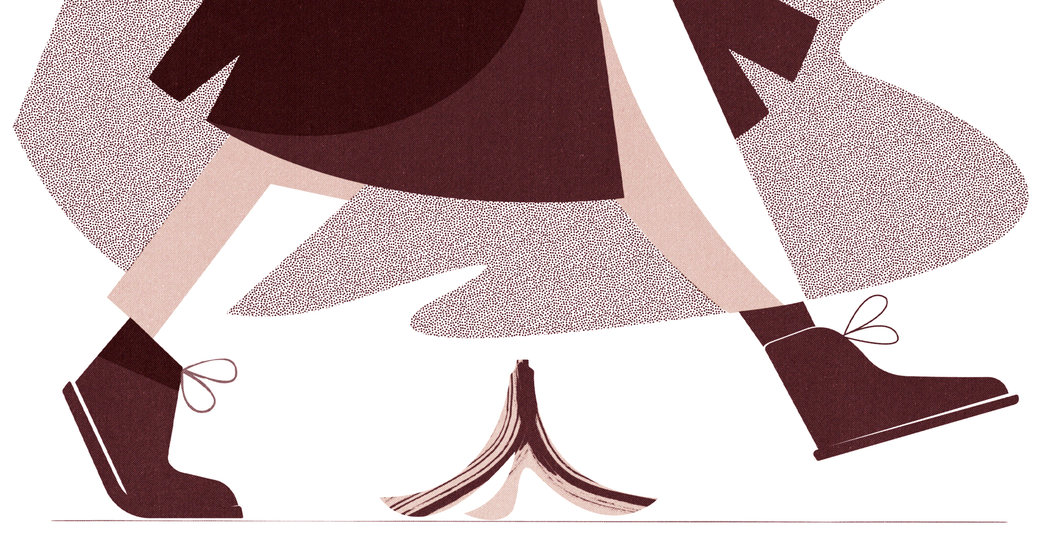
Advice from Well on ways to minimize risks and increase your longevity.
By Jane E. Brody
Falls are the leading cause of fatal and nonfatal injuries among older adults. Every 19 minutes in this country, an older person dies from a fall.
But falling is not an inevitable consequence of aging. Most age-related falls are preventable once you know why they happen and take steps to minimize the risk for yourself, relatives and friends whose age or health status renders them especially vulnerable. Read more>>>
By Jane E. Brody
A steadily growing percentage of women now survive breast cancer, but the disease still frightens many women and their loved ones. It affects one woman in eight and remains their second leading cancer killer, facts that suggest at least equal time should be given to what could be an even more effective strategy: prevention.
Long-term studies involving tens of thousands of women have highlighted many protective measures that, if widely adopted, could significantly reduce women’s chances of ever getting breast cancer. Even the techniques now used to screen for possible breast cancer can help identify those women who might be singled out for special protective measures. Read more>>>
By Jane E. Brody
Colorectal cancer is the second most common cause of cancer deaths in this country, with more than 51,000 people expected to die of the disease this year. Although the overall death rate has been dropping for several decades, thanks largely to increased detection and removal of precancerous polyps, deaths among people younger than 55 have increased by 1 percent a year since 2007. This means it’s all the more important to encourage screening among middle-aged adults. Read more>>>
By Gretchen Reynolds
Men and women who move around throughout the day, even if they just stroll or clean the kitchen and do not formally exercise, are less likely to die prematurely than people who almost never leave their chairs, according to a heartening new study of physical activity and mortality. The study, the largest of its kind to date, finds that any activity, no matter how modest, can reduce mortality risks, with some of the greatest gains seen when people shift from being almost completely sedentary toward rising and ambling for even an extra hour each day. Read more>>>
By Gretchen Reynolds
A new study offers both hope and a subtle nudge to anyone who has slacked off on exercise in recent years. It finds that if people start to exercise in midlife, even if they have not worked out for years, they can rapidly gain most of the longevity benefits of working out.
But the reverse is also true, the study finds. Stop exercising and those longevity benefits shrink or evaporate. Read more>>>

